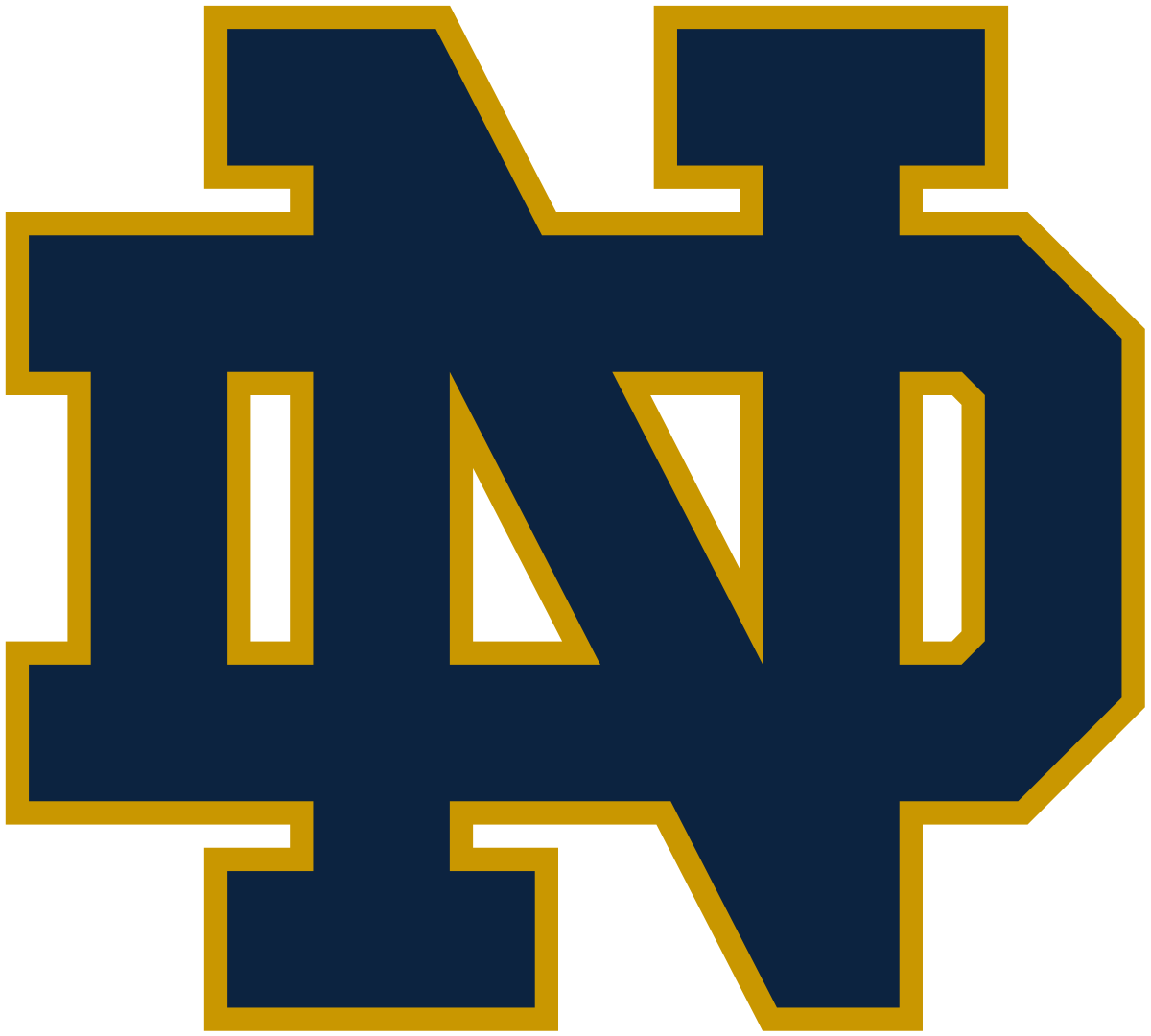

© 2025 USA Lacrosse. All Rights Reserved.

Notre Dame won the national title. It has a Tewaaraton Award finalist in Pat Kavanagh. Historically, the best player on the best team stands a good chance to land college lacrosse’s top individual honor.
Let’s quote a stat that’s popped up time and again this year: Of the 22 Tewaaraton winners, 11 of them played for the national champion. That includes last year’s winner, Logan Wisnauskas of Maryland.
Digging deeper, the only finalists to play for a champion not to win the award are Princeton’s Trevor Tierney (2001), Syracuse’s Josh Coffman (2002), Virginia’s Kyle Dixon (2006), Johns Hopkins’ Paul Rabil (2007), Syracuse’s Matt Abbott (2009), Loyola’s Mike Sawyer (2012), Duke’s Jordan Wolf (2014) and Denver’s Wesley Berg (2015). Two of those eight (Coffman and Dixon) saw a teammate win the Tewaaraton.
One more tidbit: Only twice has a player from a national runner-up won the Tewaaraton when there was a finalist from the team that won the title. Duke’s Matt Danowski did it in 2007, and Cornell’s Max Seibald matched it in 2009.
The bottom line is that team performance has a significant historical correlation. So even though the clearly limited Kavanagh had a relatively quiet title game (one assist), he may well be the favorite to win thanks to the Irish’s championship.
At minimum, he has an argument on the merits of his play.
1. Pat Kavanagh, A, Notre Dame (25 G, 52 A)
The Notre Dame senior ranked second nationally in assists with 52, just two shy of Virginia’s Connor Shellenberger in the same number of games. The table-setter of the Irish’s powerful offense, Kavanagh also had 43 ground balls — the most of any non-faceoff guy on Notre Dame’s roster. He would be the Irish’s first Tewaaraton winner.
2. Brennan O’Neill, A, Duke (55 G, 42 A)
Tewaaraton voters could always default to O’Neill, who last week won the Enners Award from the USILA as the outstanding player of the year. The junior had a fine postseason (11 goals, six assists) but was limited to a goal and an assist in Monday’s title game.
3. Connor Shellenberger, A, Virginia (30 G, 54 A)
Consider this: Shellenberger just packed a bit more than a quarter of his production on the season — 11 goals and 11 assists — into three NCAA tournament games. After the redshirt junior was banged up for much of the year, he was electric throughout the postseason, even with a three-goal, three-assist outing against Notre Dame in an overtime semifinal loss.
4. CJ Kirst, A, Cornell (65 G, 19 A)
The junior was basically the first of the finalists realistically eliminated from contention for the Tewaaraton because the Big Red was the first team one of the finalists was a part of to be knocked out of the NCAA tournament. Kirst had two goals and an assist in a first-round loss to Michigan, and he fell a goal shy of former teammate John Piatelli for Cornell’s single-season record.
While he won’t win this week, he’s a good bet to be a finalist again next year.
5. Tucker Dordevic, A, Georgetown (65 G, 13 A)
Dordevic scored eight goals in the NCAA tournament — six against Yale in a first-round win, two against Virginia in a quarterfinal loss — to cap his lone season with the Hoyas. His second-half surge earned him a nod as a Tewaaraton finalist, but Georgetown needed a deep run in the tournament for Dordevic to vault any of the ACC stars and even Kirst. That didn’t happen.
Patrick Stevens has covered college sports for 25 years. His work also appears in The Washington Post, Blue Ribbon College Basketball Yearbook and other outlets. He's provided coverage of Division I men's lacrosse to USA Lacrosse Magazine since 2010.






